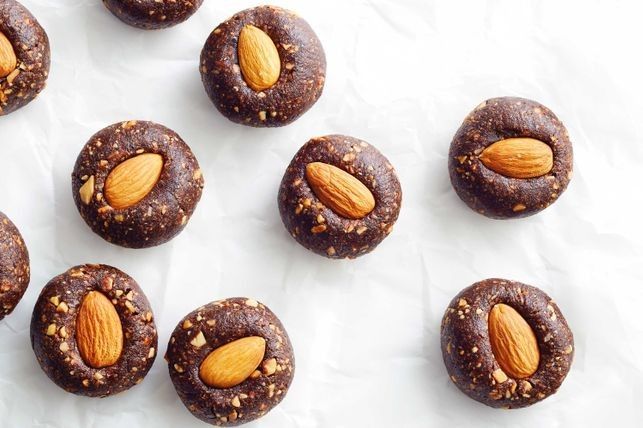Learn about brain health and nootropics to boost brain function
The pantry ingredient that will boost your brain power


A study has revealed that eating just 2 teaspoons of these a day could ward off 'brain ageing' by two years.
Experts have revealed that nuts could help increase your cognitive abilities.
The new study, carried out by the University of South Australia, showed that eating 2 teaspoons of nuts each day could improve thinking, reasoning and memory in older people by up to 60 per cent.
What was the study?
UniSA’s lead researcher Dr Ming Li studied data on 4,822 Chinese adults aged 55 years and more, taken over a period of 22 years. He found that 17 per cent of those participants were regular consumers of nuts (mostly peanuts) and that those eating more than 10 grams (or 2 teaspoons) of nuts a day were positively associated with better mental functioning.
Dr Li said: “Population aging is one of the most substantial challenges of the twenty-first century. Not only are people living longer, but as they age, they require additional health support which is placing unprecedented pressure on aged-care and health services.
“Improved and preventative health care – including dietary modifications – can help address the challenges that an aging population presents.
Nuts: ultimate superfoods?
“By eating more than 10 grams (or two teaspoons) of nuts per day older people could improve their cognitive function by up to 60 per cent– compared to those not eating nuts – effectively warding off what would normally be experienced as a natural two-year cognition decline.”
We all know that’s not all nuts offer. Our 2017 Top 100 Foods list featured almonds as one of the best superfoods around, while our 2019 version praised walnuts, macadamias, brazils, almonds and pecans for their incredible fibre, selenium, protein and good fats content.
Our favourite nut recipes
Click here to view full article